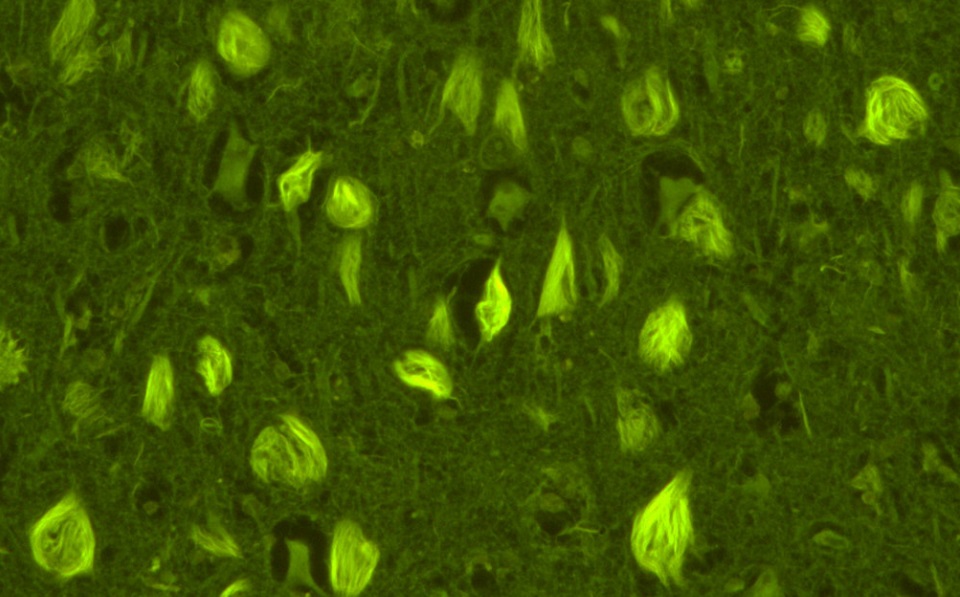
Brain UK study ref: 13/010,
Lay summary,
Project status: Active
Pilot study of cholesterol, lipids and LDL in Alzheimer’s disease
Prof James Nicoll, University of Southampton
There are certain inherited genetic factors that influence the risk of a person getting Alzheimer’s disease. This tells us that the proteins produced by these genes must be important in this type of brain malfunction. The most important of these proteins, known as apoE, controls transport of cholesterol and other lipids (fats) contained within particles (“lipoprotein particles”) between cells. One of the problems of studying cholesterol and fats in the brain is that commonly used methods results in them being dissolved out of the tissue while it is prepared for study under the microscope. In this pilot study we examined tissue sections from frozen samples of brain tissue which retains the cholesterol and fats and tested different staining methods to demonstrate them under the microscope. We explored whether accumulation of cholesterol and fats occurs in the rain and how this relates to the known microscopic abnormalities in Alzheimer’s disease. We found that some evidence for accumulation of fats around blood vessels and within nerve cells in the brains of people with Alzheimer’s disease. We also found that LRP1, a protein to which the lipoprotein particles attach, is present in some of the brain abnormalities in Alzheimer’s disease. This pilot study has developed methods to study cholesterol, lipids and associated proteins in the brain in Alzheimer’s disease which will be used in further investigations.
